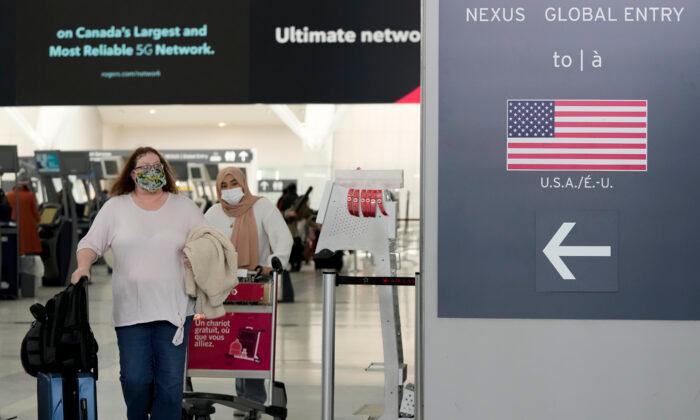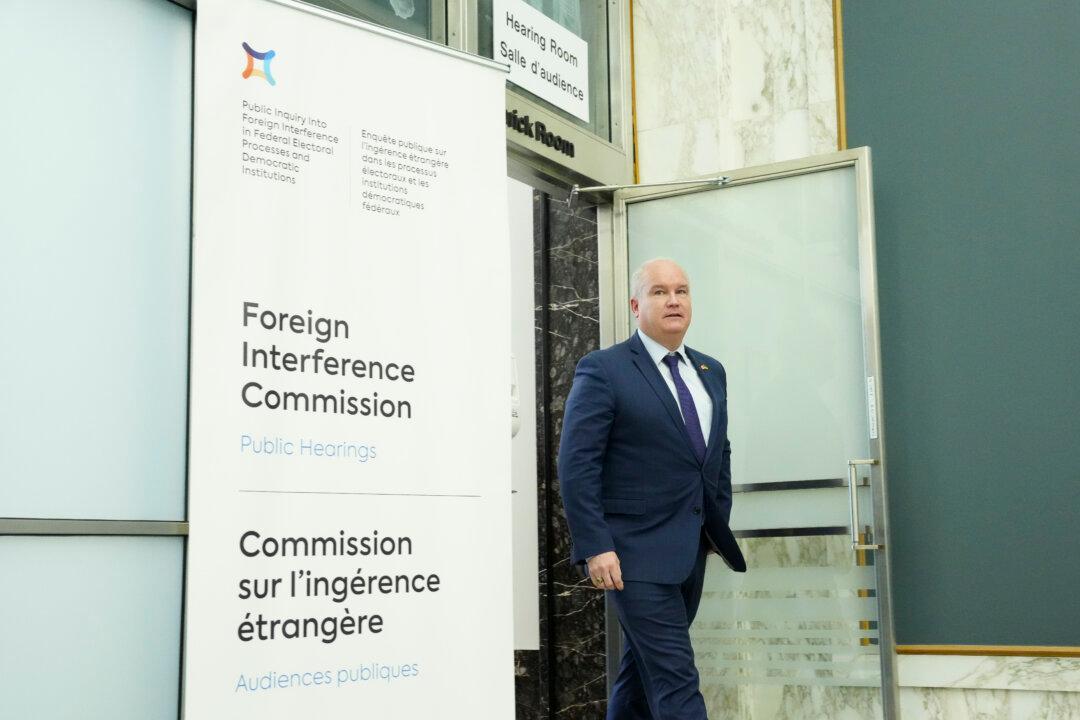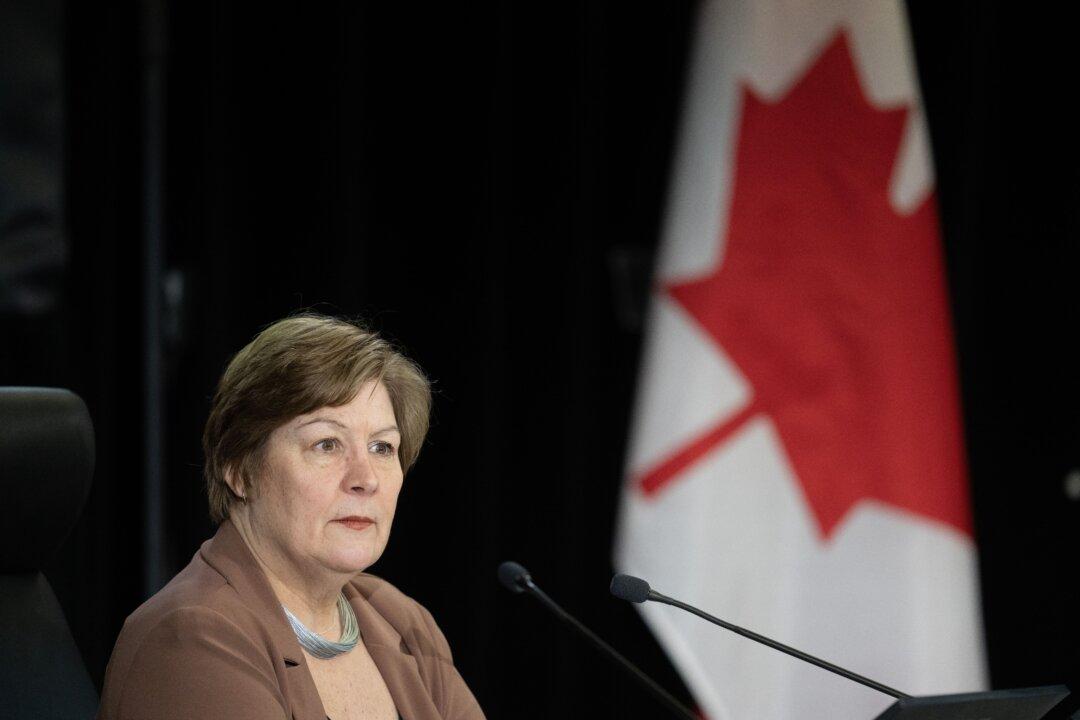Border restrictions will be further eased on April 25, the federal government said on Friday, with the changes relating to children and fully vaccinated travellers.
Also, fully vaccinated travellers will no longer be required to submit a quarantine plan upon entry into Canada, and neither will children aged 5 to 11 accompanied by a fully vaccinated person or travellers with a COVID-19 vaccine medical exemption.
Fourteen days after arrival, fully vaccinated travellers will also no longer be required to mask in public spaces, monitor and report if they develop signs or symptoms, quarantine if another traveller in the same group develops symptoms or tests positive, or maintain a list of close contacts and locations visited.
While most of Canadian provinces and territories have lifted most if not all COVID-19 restrictions, the federal government has taken a slow and incremental approach to lifting restrictions under its purview, and so far only regarding border rules.
Vaccine Mandate
Larger issues, like the vaccine mandate for federally regulated modes of transportation which, combined with U.S. vaccine border rules, prevent millions of unvaccinated Canadians from leaving the country, have no end in sight so far.Dr. Howard Njoo, Canada’s deputy chief public health officer, was asked about the mandate on April 22 during a routine COVID-19 briefing and he implied that mandatory vaccination for travel is kept in place as a means to push people to get vaccinated.
“I think everyone is in agreement that vaccines are still our major tool, a major layer of protection, and so both inside Canada, for all Canadians, but also for travel purposes, I think it’s important to stress the point that the higher our vaccine coverage is, the better we all are overall, in terms of protecting against serious consequences of COVID 19,” he said.
“As we move forward, certainly, we'll continue to look at the evidence, the data, and adjust as necessary.”
Chief Public Health Officer Dr. Theresa Tam also said the definition of what constitutes being fully vaccinated will be examined, with the current definition meaning a primary series of two doses of Pfizer or Moderna mRNA vaccines, and more recently the newly authorized vaccines by Novavax and Medicago, or the single-dose DNA vaccines of Johnson & Johson and AstraZeneca.
“In terms of an actual requirement [to get a booster] ... that’s a policy that needs to be examined, and it will be examined by our decision-makers, the ministers in charge,” she said.
“Get a booster,” Tam said repeatedly.
Data from Ontario and Quebec currently suggests that individuals who received a booster dose are getting infected at much higher rates, but are less likely to be admitted to hospital.
Masking
Tam also addressed the masking requirement in airplanes.“I think it is prudent to continue to require wearing a mask,” she said when asked if the requirement for wearing a mask on airplanes will be soon removed like in the United States.
“Wearing a mask is an additional layer of protection and can reduce transmission,” she said.
The usefulness of masks is not a foregone conclusion, with some detractors saying they’re ineffective at stopping transmission due to the virus being aerosol and minuscule enough to pass through even N-95 masks, considered the most protective option available for common people.
Urso is the co-founder of the International Alliance of Physicians and Medical Scientists and works in operating rooms doing viral lesions, which releases viruses in the air, and he says it’s always been known that surgical masks don’t offer protection.
“I’m not going to wear that [surgical] mask, because it doesn’t work against viruses and I’ve known that forever,” he said, mentioning other protective means needing to be used.
“All the scientific studies [on masks] that have been done with randomized control trials have proven not to be effective, except that one which had very low scientific rigour [the so-called Bangladesh study],” he said.





Friends Read Free